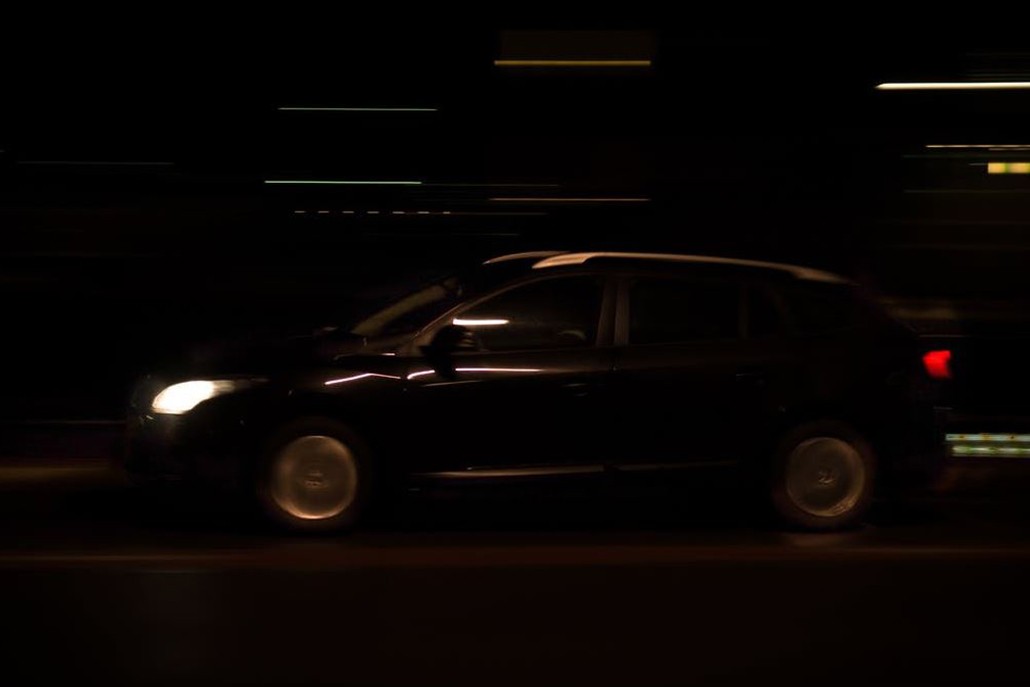Why is driving at night so dangerous?
Our pupils dilate in the dark, and our eyesight tends to detect lights and movement rather than the colour and sharp details that we recognise during the day. Consequently, our depth perception isn’t as accurate at night, and our eyes are more prone to become dry or tired, as we tend to concentrate more and blink less. With these physiological factors in mind, there are a few tips you can utalise to make nighttime trips less daunting and dangerous. With a few simple precautionary measures, you can drive safely, keep your visibility high, and even enjoy the unique experience of an immersive night drive!
Top tips for safer night driving:
- Always keep your car windows clean thereby avoiding increased glare and condensation.
- Don’t blind others – dip your lights when faced with another road user.
- Help drivers see you by turning your lights on before sunset and keeping them on for an hour after sunrise.
- Have your eyes checked regularly for problems, which can affect your night vision.
- Be aware that other road users may behave erratically so be prepared to give them more space than usual.
- Watch out for pedestrians.
- Allow more time for your own journey, so you’re not driving under pressure. Remember, speed kills.
Always stay alert! It should go without saying, but distracted driving should always be avoided. Stop to stretch your legs and get food if you’re on a long trip, and if you’re tired, make sure you get some rest before heading back out on the road.
Whether it’s just after dusk, or right before dawn, these tips can help you take back the night.



